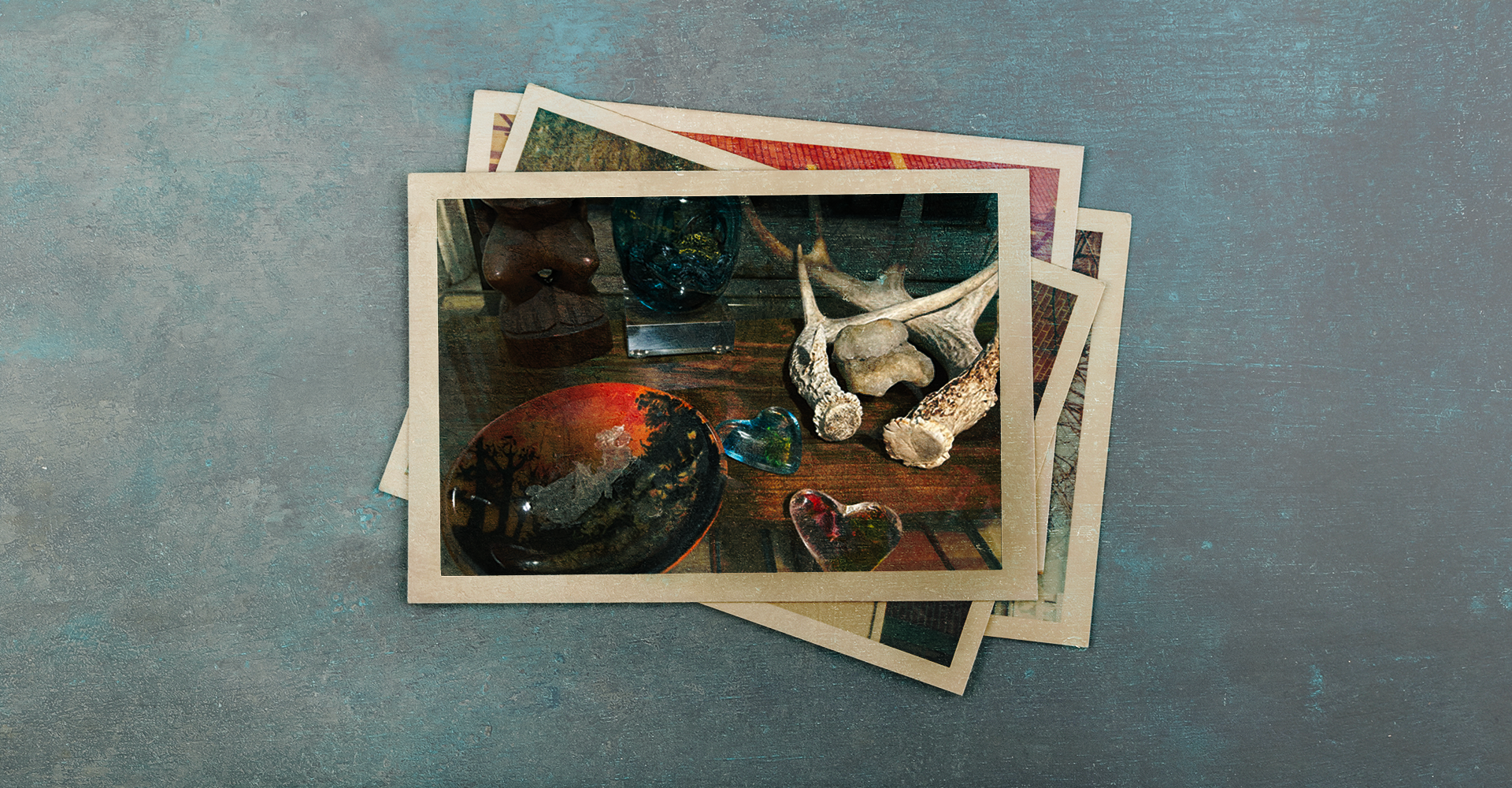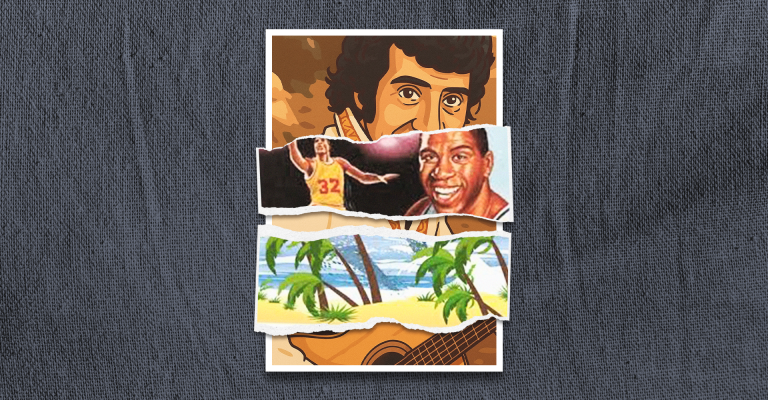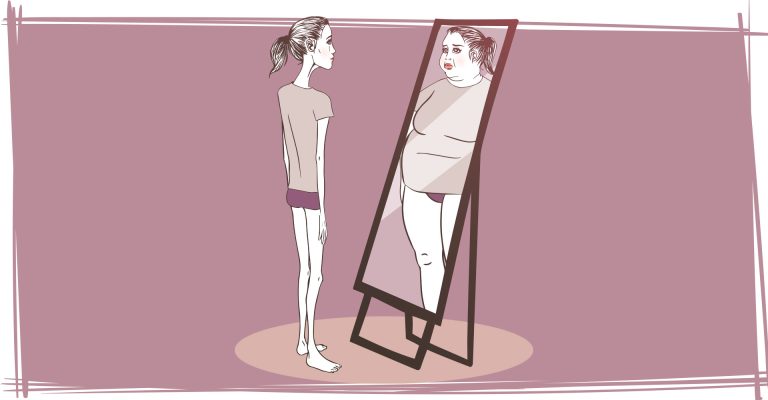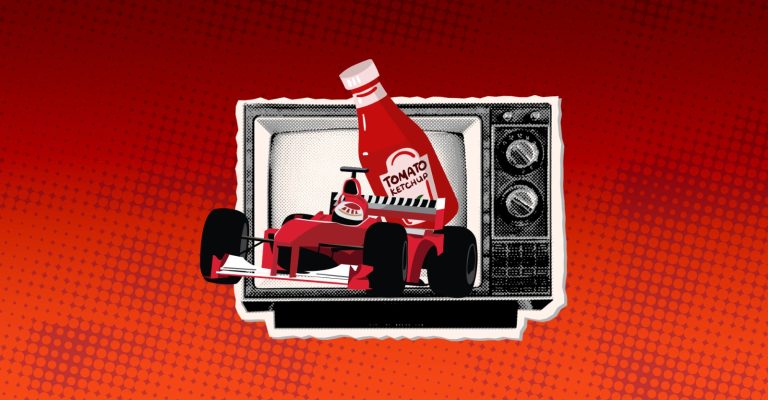I remember the first time I went to New Orleans. It was probably 2000 or thereabouts, for a sex therapy conference. What a perfect venue for a crowd of sex therapists to get together. You know what they say about sex therapists: “people become sex therapists because they already think about sex 24 hours a day.” I certainly could not deny it at the time. For me it was love at first sight in New Orleans. From the moment I got off the plane, it seemed the place was vibrant with primary colors, like walking into a Diego Rivera mural, but with much more upbeat faces. Lively music, spicy delicious food. It was alive! I loved wandering around the bustling French Quarter on our breaks from the conference, visiting the wide range of unique and interesting shops. I even bought clothes: a little jacket embroidered with peacock feathers in primary colors, a pair of fancy jeans with a camo print; I called them my “chic Sandinistas.” I thought I was so cool. I still have them. This week marks 20 years since Hurricane Katrina assaulted New Orleans.
I don’t remember much from when Katrina happened. Terrible, sad photos of people trapped on rooftops watching cars float down river-like streets. The news was an endless barrage, as is often the case when there is a dramatic life event somewhere. What I remember best, was that I was seeing an SE (Somatic Experiencing) therapist adjunctively at the time. She suddenly became very busy and then absent for a while, which of course triggered me. I was hurt, mad and confused, with the abandonment rage of an unrecovered neglect survivor. I did not know what was going on, until I later found out that the SE community had sent a cohort of volunteers to help with the trauma of Katrina. Of course I was beset with the Bermuda Triangle of emotions: I continued to be angry. But also felt grief for missing her, and grief for the massive destruction and loss of the countless victims of the tragedy. And I felt guilt for being so “petty” as to be angry. It was admirable that she and the SE community stepped up in this way. Loss is the core of neglect trauma. Planned and unplanned losses of any kind can unleash the cascade of feelings, like the water flooding down New Orleans’ canal-like roadways.
The news world being what it is, we were inundated with news of Katrina for a minute, and then it was no longer news. As is regularly the case, once the shock and drama are less acute and thus “newsworthy,” and the long arduous healing and recovery begin, the story and its people fade from our screens, essentially forgotten.
Several years later our sex therapy organization returned to New Orleans for another conference, to help the city get its mojo back, to help the handicapped tourist industry recover. The city was like a shadow of what I remember, like a semi-healed trauma survivor, dolled up in clothes and makeup but still with the hollow eyed, shocked face of trauma. I have not been back since then.
Body
Aging also contains a lot of loss. Shortly after I discovered distance cycling in high school, I was dubbed the “Fastest Girl Uphill,” a far cry from the nearly dead anorexic girl who could not even walk down the hall to the bathroom by myself a mere 5 years prior. My mom gave me a little bell at the time, to ring when I had to go to the bathroom. I still have it, although it has a piece missing now, almost 60 years later.
When I was 19, I loved going to the gym and outlifting the men. It was the height of the women’s movement of the 1970’s here, so we all had something to prove. I felt so strong and so hot in that tight little 19-year-old body. I could lift five times my body weight on the leg press then. Now my weight is about the same, but I hate to think… and it is hardly the same body, or so it seems.
In my middle thirties, in my fervor of weight training, my beloved trainer said to me, “pound for pound you are the strongest person I have ever known.” I never forgot that. He was quite an accomplished athlete himself, so his words meant a great deal, and he actually helped me discover my identity as an athlete. Up until then, I had simply thought of myself as an obsessive compulsive trying to calm down.
As time went on, being an endurance distance cyclist became a cherished identity. My husband and I traveled all over doing bike trips and it was a glorious way to see more of this vast world. Beginning in 1998, the California AIDS Ride cum AIDS Life Cycle became a centerpiece of our lives. It was a 565-mile fundraiser where 3000 of us pedaled down the California Coast as a traveling village, riding, eating and camping together for a week, from San Francisco to Los Angeles. The ride raised approximately $16 million a year for AIDS charities. San Francisco was a leader in AIDS research and has proudly managed that lethal epidemic, at least locally. We did the ride 10 times and were training ride leaders for about seven of those. It was perhaps my first real experience of being part of a community, and I always said, “I am hetero-sexual, female and married, and I have never felt so much a part of something.” This year the ride pedaled its last. We were not on it, and although it was somewhat of a triumph that it retired, I think I don’t know the whole story. But I believe the number of new cases of AIDS here in SF is close to zero. Still, it feels like a loss, even though we have been away from it now for some years.
The aging body is replete with losses. Somehow neurofeedback made my gray hair disappear, although I honestly cannot explain that, and please don’t ask me to replicate it, but it is true. But my body has grown crooked in ways that I never expected, my balance has changed, and my energy is different. Hearing aids, blood pressure pills, seeming insults. One can forget that old age is a privilege. I never dreamed I would make it to 20 and here I am at 70. Yes, there are losses.
And I could have never imagined all of the gains. My treasured long-time therapist gave me a card for my 35th birthday that said, “those of us who travel further than the obstacles, will have a different kind of life from that time on.” I could not have dreamed it. I still have that card…somewhere. And interestingly, even though I don’t work out anything like I did in the old days, I still have something of the definition of that long-outlived body.
I remember some years ago I read a book, The Wisdom Paradox: How Your Mind Can Grow Stronger as Your Brain Grows Older, (Gotham Books, 2006) by Elkhonon Goldberg. I don’t remember much, although it is still on the shelf. But I do remember that one of the brain capacities that does improve with age, is pattern recognition. And I have found that to be true as I get older, which is of course a wonderful advantage when working with couples and looking for their repetitive patterns of activation and escalation. And I am sure it helps me as I observe myself as well. So yes, I grieve the losses. Even needing a hand with something as simple as hoisting my bag into the overhead bin on the plane is a humiliation. But thankfully now I am able to accept, even graciously, the help. That is a gained capacity.
Living Well
I got a call from my beloved now long retired therapists some weeks ago. She said “you are turning 70 next week. Let’s have a Zoom.” So, a few days later we had a call. We stay in touch so it was not so out of the ordinary, but I guess I did not realize how long it had been. Maybe close to a year, I am not sure. She is about to turn 96, and I must say she looks great. To me she looks the same as ever.
Remarkably she lives alone, still drives, swims daily and is very active in a community of aging and retired people in town. I had to admit, that I still have the terrified avoidance of losing her. I think I am so unwittingly terrified of losing her, that I stay out of contact. The whole thing is unbearable, and admittedly, mostly unconscious. I feel the same way about my husband. Like the whole world of neglect survivors, healing from that primordial original loss, unwittingly I avoid the whole thing like the plague. She helped me to identify it, again. So even though I am no longer her therapy client, she knows me so very well, that she can point things out to me and I can see. And she reminded me “I’m not dead yet!” And I could certainly see that. She proposed, how about we have a Zoom once a month. I gulped, “yes! Let’s do it!” so we scheduled our next call.
A couple of dear friends both gave me similar gifts. One was the scaly shed skin of a snake. It is nature’s design for the proverbial snake to shed its skin, implicit is that there will be a new one. Similarly, the other friend gave me a pair of shed deer antlers. I had not known it, but young deer have adolescent antlers which as they mature, they shed, no longer needed, as they grow new adult antlers. I have the scaly shed snake skin in a little bowl beside the antlers, alongside the little bathroom bell from my mom, all on my little altar-like table. They all remind me of cycles of life.
When I was a child, starting back as long ago as I can remember, our mom always said, “you should always kiss everyone goodbye before you go out, because you may never see them again.” What a frightening message for a little kid, although I can certainly understand where she would get that idea. And for many it was and is, tragically true. She also always said “We have to live well. We simply don’t know what will happen.” And she was right. She died precipitously when she was not much older than I am now. Although she seemed to be the picture of health, she surprised us all, not least herself, with a lurking metastasized cancer. Five weeks after diagnosis she was gone. So yes, we must live well. And not waste time.
Long out of sight, the recovery of New Orleans is not over, even as many other disasters and tragedies have and continued to abound. With all my mixed feelings about it, I asked ChatGPT where New Orleans got the name The Big Easy. It replied in its customary, astonishingly friendly way:
- The nickname “The Big Easy” is closely tied to New Orleans’ history, culture, and reputation for a relaxed way of life. The phrase likely emerged in the early 1900s, used by musicians to describe New Orleans as a place where it was “easy” to find work, compared to other cities where gigs were scarce. Jazz players especially found the city welcoming and full of opportunities.
Not so much anymore, am I afraid. Not usually so keen on my mother’s advice, let us strive heal this sorry world and remember to live well!
I had a hard time choosing a song for today. Ringo Starr, who recently turned 85, has a wonderful song called “It Don’t Come Easy.” At 85 he is still touring, and cherishes his friendship with the one other remaining Beatle, Paul McCartney, who is the only person who can truly share his memory. Then there is my favorite song of all time, “Tengo” by Pablo Milanes, recounting all the blessings that I do have. I ultimately settled on this one by Argentine singer Mercedes Sosa, a favorite singer of mine who died in 2009. I recently heard about a new book, which I have ordered and not yet received, about the grandmothers of the disappeared political prisoners in Argentina, now 50 years ago. They still grieve and mourn for loved ones who were never found.



